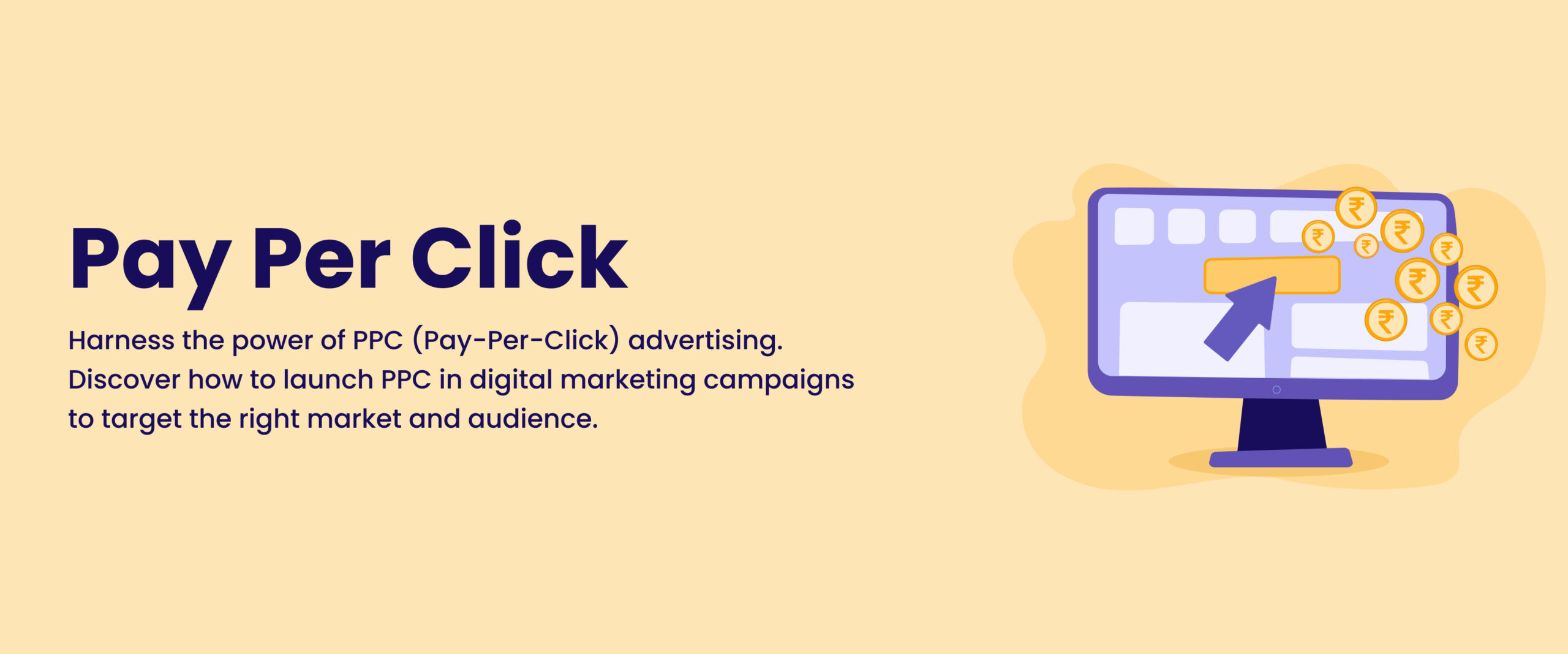
In today’s digital landscape, effectively managing a paid media budget is crucial for businesses that prioritize profit margins and cash flow. Overspending can lead to difficult conversations with clients and stakeholders. However, with the advancements in automation and the changing terms of engagement, managing a budget in PPC (pay-per-click) has become more streamlined and efficient.
The first step in managing a digital ad budget is determining how much you’re comfortable spending on ads each month. It’s important to set a figure that you can sustain for at least 3-6 months to allow your account enough time to work through any initial challenges. If your account is completely new, this step becomes even more important.
Once you have a monthly budget defined, you can calculate your daily ad budget by dividing it by 30.4. It’s worth noting that some ad platforms, like Google, may spend up to double your daily budget on any given day as long as it doesn’t exceed the monthly budget. If you have an ad schedule in your campaign, such as running ads only five days a week, you’ll need to adjust your daily budget accordingly.
A more advanced tactic in budget allocation is setting higher budgets and controlling the spend with aggressive bid management, such as a CPA (cost-per-acquisition) or ROAS (return on ad spend) target. This allows the system to spend more if it’s meeting specific goals or identifies an opportunity while still maintaining control based on performance.
When it comes to allocating budget by platform, different platforms have different ways of handling budgets. Google Ads requires you to assign budgets to campaigns, while other platforms allow you to assign budgets to ad groups or ad sets. To determine the best allocation strategy, it’s important to consider your account structure and where you’re most likely to see the best return. For ecommerce businesses, the allocation may vary depending on whether you’re a mass retailer with multiple brands and products or a private label seller.
Lead generation PPC campaigns can benefit from starting with platforms where there is already search demand for the product or service. If there is search demand on Google, starting there and layering on paid social media for retargeting and prospecting can be effective. However, if there’s not much search volume for what you’re trying to sell, starting on the paid social side where leads are usually cheaper and easier to get can be a good stepping stone.
Budget allocation by assets involves identifying your most profitable campaign or offer and investing the bulk of your budget there. This is particularly important when using algorithmic campaigns like Advantage+ or Performance Max. It’s also essential to test for the point at which increasing impression share starts to negatively impact the cost and quality of acquisition. Breaking out new campaigns may be necessary for different business objectives, such as targeting specific locations or counties or selling different product lines with varying profit margins.
Managing a budget in PPC requires careful consideration and a proactive approach. Accounts with bigger budgets have more flexibility to run tests and experiments, while smaller accounts need to be more selective and focus on validating and saturating a single channel before moving on to the next one. Increasing the budget gradually is generally recommended, but the impact on performance can vary depending on the campaign type. It’s important to respect the testing period and allow the algorithms to gather data and optimize accordingly.
Overall, modern PPC requires strong budget management. Poor budget management can have compounding negative effects and result in missed targets. Seasonality, human error, real-world events, and ad platform automation can all contribute to budget fluctuations. Therefore, budget management should not be an afterthought but an integral part of any PPC strategy. By following the fundamentals of budget allocation, risk assessment, and scaling, businesses can effectively manage their paid media budgets and maximize their return on investment.
